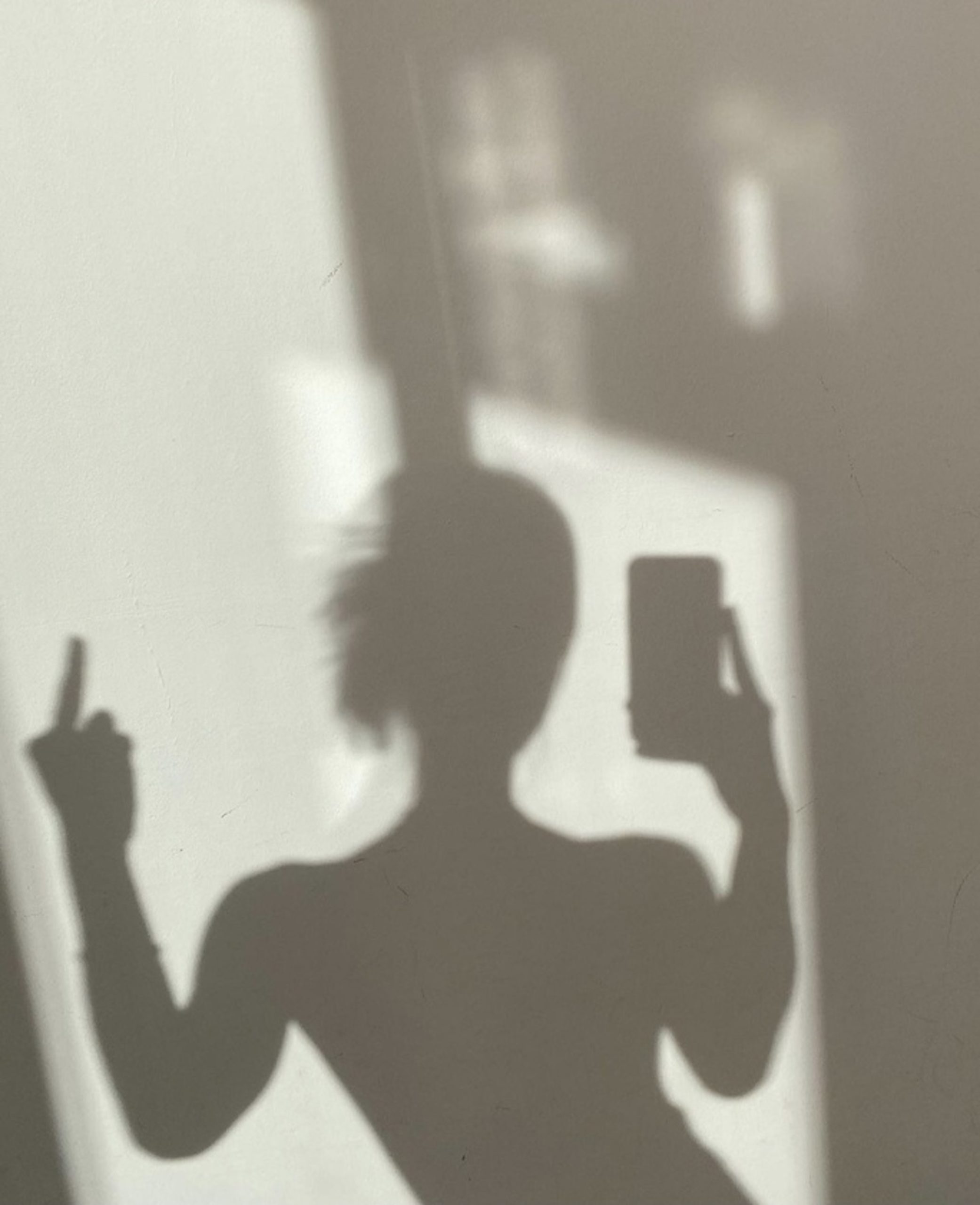



There is absolutely no part of our practice here at AME that suggests we encourage suppressing our feelings. In fact, we enthusiastically urge everyone, all the time, to feel all of our feelings, wholly, and often. However, our emotional responses are different from our immediate reaction. This is where recognizing the nuance becomes critical.
It’s incredibly easy, if not ultimately human, to want to emotionally react to any circumstance. In fact, we simply will emotionally react, that part cannot be helped. However, it’s the moments between the initial feeling and the expression of that feeling that matter the most. Enormous differences in the overall outcome of any situation can be manifested by simply allowing the moment to breathe.
Consider a work situation; a crisis. A colleague, equal in rank or a subordinate, approaches us with an issue that feels severe— perhaps negatively outcome-altering. Our first reaction, both mentally and physically, is to be on the attack. We might feel our heart rate quicken, our temperatures rise, and we have an urge to say a snappy remark, place blame, or put down the bearer of bad news. But what if we gave that moment between reaction and expression a pause? What if we gifted that interim a few deep breaths?
The answer to these what-ifs is profound. A few deep breaths can change not only our state of mind, but our body chemistry. Take box breathing, for example. It’s the simple art of inhaling for 4 counts, holding the inhale for 4 counts, exhaling for 4 counts, and holding the exhale for 4. It’s a clean, 4-sided breath that mitigates our bodies’ reaction to stress and allows us to settle back into a calm state, able to receive information, process it, and create solutions with a sound mind.
A hurried and volatile reaction to that colleague could leave them even more stressed, not allowing them the space to problem solve calmly and efficiently. They may become hurt, and damaged morale does not a productive colleague make. We could damage a relationship, or even embarrass ourselves by jumping to an inaccurate conclusion.
In romantic and even platonic relationships, many things are said in the heat of an argument. So often, one party must apologize to the other, saying an iteration of, “I didn’t mean to say that, I was angry,” etc. Typically the thing that was said escalated the argument, or set up the defending party for more emotional pain. Even after the apology, what was said still hangs in the air, and often the pain is not so simply eradicated, no matter how heartfelt the apology.
While arguments like these are unavoidable, they are also a great time for reflection. If we happen to catch ourselves before one of these blurt-out moments, we can ask ourselves, “why am I reacting this way? What will it accomplish? Is there something else I am wishing to communicate instead?” Understanding that our reactions don’t define us gives us more control and clarity in each and every situation, instead of fear-fueled conflict.
Try taking a step away from the situation, even if it feels urgent that you react immediately. Save time, energy, and mistakes by giving yourself space to breathe, and make a more calculated, empathetic action rather than an emotionally adrenaline-fueled reaction. Having an explosive reaction will certainly make a lasting impression, but it won’t affect any positive change. It only wastes precious energy and personal resources that we could otherwise use to strengthen relationships and critically problem-solve.
Note that repeat conflicts are lessons and opportunities not to repeat our mistakes. Take the pause to re-wire the brain, and restructure your outcomes, allowing space for dimensional growth. Make the most of what time we’ve got, and fuel every conflict with intention.